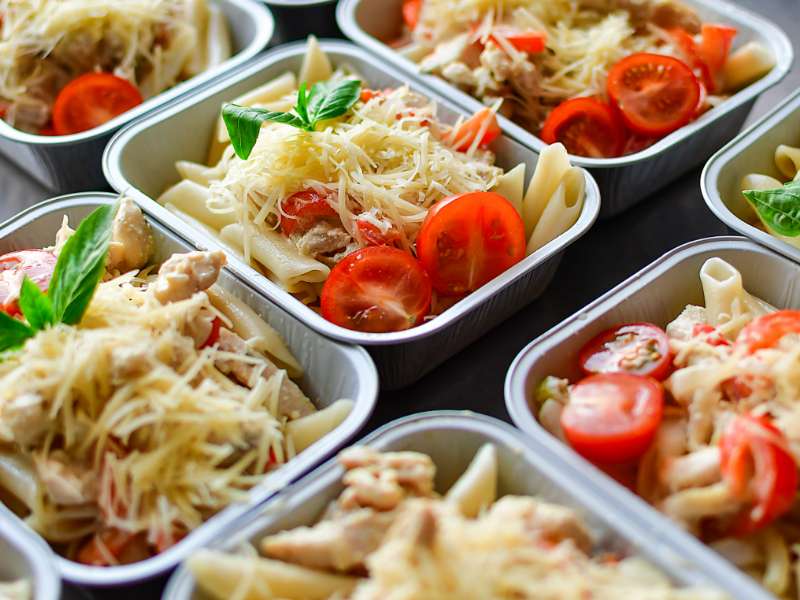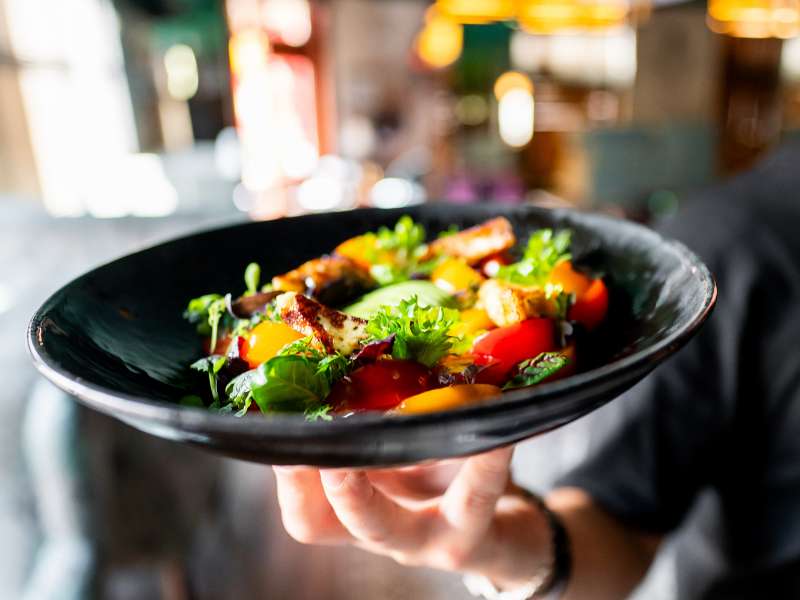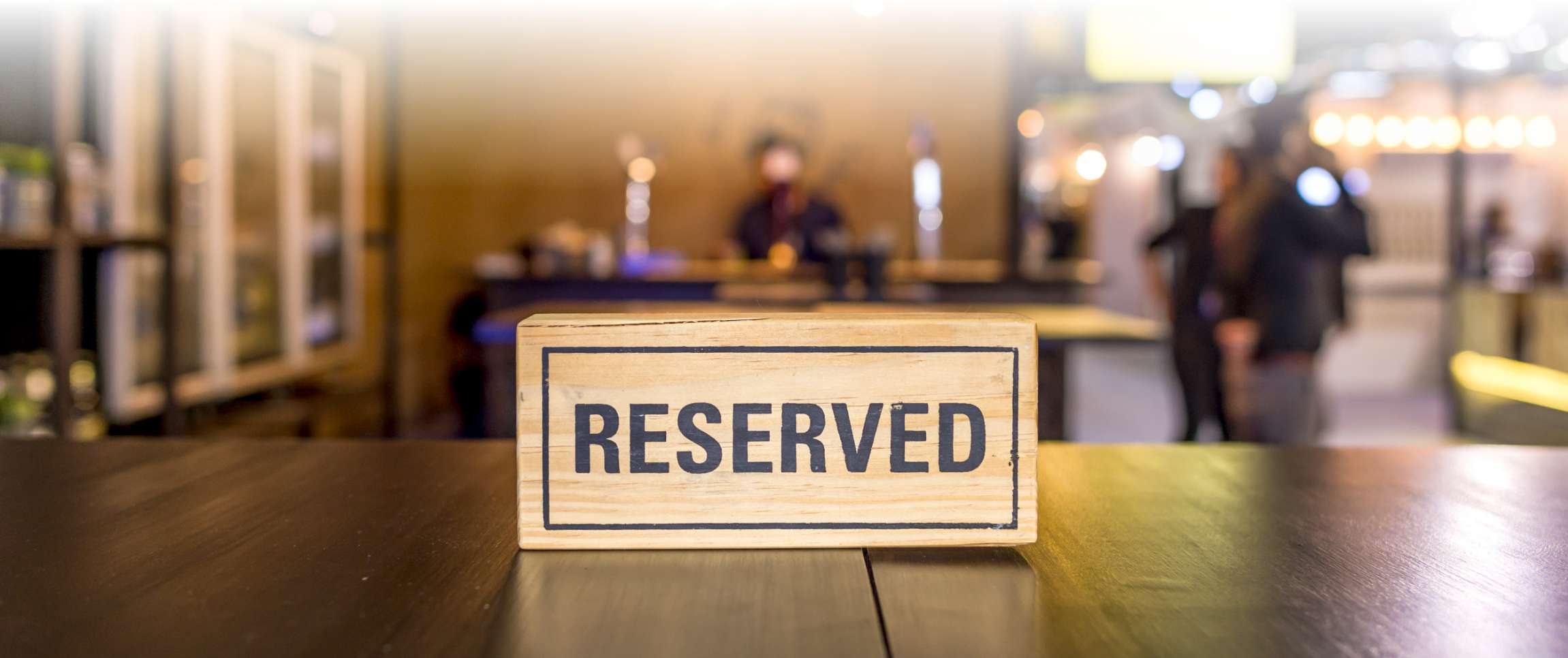Private event season is just around the corner. Now’s the time to look ahead and update your offerings to accommodate large groups and parties. Bring on that structure and strategize every possibility for synergy amongst your team.
Many restaurants leverage public events such as trivia, game nights, and other popular spectacles during the week, but there are opportunities for growth and ways to increase overall revenue by embracing private bookings.
While it’s important to draw in a crowd and sell regularly, being able to offer your space as a venue is an effective way to increase reach and brand awareness during the busy season, plus, think off-season goals — drive traffic and guarantee bodies in your building. Here are a few tips for flexing your private event capabilities.
Define and Redesign
What are your goals? Survey your venue and determine what types of private events your restaurant can accommodate. This could include weddings, birthdays, receptions, corporate or holiday parties, or smaller gatherings such as bridal or baby showers. Outline how many spaces you have to offer, how many people you can accommodate, and whether you can manage custom layout requests. Take inventory of the number of tables and chairs you have and create a wish list for other a la carte items to add as reservable assets.
Scout nearby venues to gauge your rental rate potential. Consider the rate of your competitors and compare their pricing and inclusion information to what your establishment can offer. Decide if your spaces are best for renting by the hour or in a timeframe block.
Event Package Prep
Now that you’ve established the who, what, and where, it’s time to think about the extras. The extras are where you will set your venue apart from others. Develop packages or customizable options for different styles of events. This can include catering menus, beverage packages, decorations, entertainment, staffing, or any other services like Wi-Fi, A/V tech support, lighting, or signage. Categorize your offerings as basic amenities in all packages and others for an additional cost.
As for food and beverage, develop a private events menu. This should be similar to your regular menu, including guest favorites, but different enough for ease and convenience in the kitchen. A portfolio like Entice® offers a variety of artisanal bites to add to your selections. From favorites like crab cakes and spanakopita to on-trend options like artichoke beignets and Brussels sprout bites, Entice can provide a diverse selection of hors d’oeuvre and appetizer items to supplement party specials.
List different options for courses or apps and have your client pick a few, depending on the size of their party. Think about whether you want to offer breakfast, lunch, and dinner options, and build your menu based on this.
Contracts are the key to communication. You’ll want to create a contract signed by the event holder and your coordinator that outlines services rendered, payment schedule, cancellation terms, and any other details that cover your business’ liability. You’ll protect your business by outlining what you provide and what you require of the client.
Promoting Private Events
Develop information sheets that consolidate pricing and inclusion information for potential clients. Update your website with pricing and new images that reflect your offerings. Determine a point of contact for events and establish how to get in touch with them via email, phone, or tour scheduling. Email and social media communication are also an efficient way to share your options.
Host an open house. Invite business owners, regulars, loyalty members, and other members of your community to attend and check out your venue with staged spaces. Serve sample dishes and special drinks that tease your offerings. Partner with event professionals like DJs, florists, and photographers to stop in or even set up a booth — build this relationship to establish a preferred vendors list. These partnerships can reinforce ease, efficiency, and trust during events, and can also be a source for referrals.
Best Practices
Having a well-trained staff will impact your reputation. When scheduling your team, either transition your current dining staff or bring on an exclusive team just for events. It all depends on the size of your venue and what you offer. Outline their duties in your contracts for clear communication between your team and the client. For example, establish if your team is responsible for putting up and taking down the clients’ decorations or if they are supervising while the client is responsible.
Train your staff on service standards. Determine a day-of coordinator who is responsible for and present during the event. This is the main point of contact for the client, the team working on the event, and the kitchen. This person would also be responsible for following the timeline and making sure everything flows smoothly. Providing clear instructions early on ensures everyone is fully trained in their role and can provide the best service for the day of festivities.
By organizing around these suggestions, you can successfully set up and manage private events at your restaurant, creating memorable experiences for your guests and loyalty to your business.



